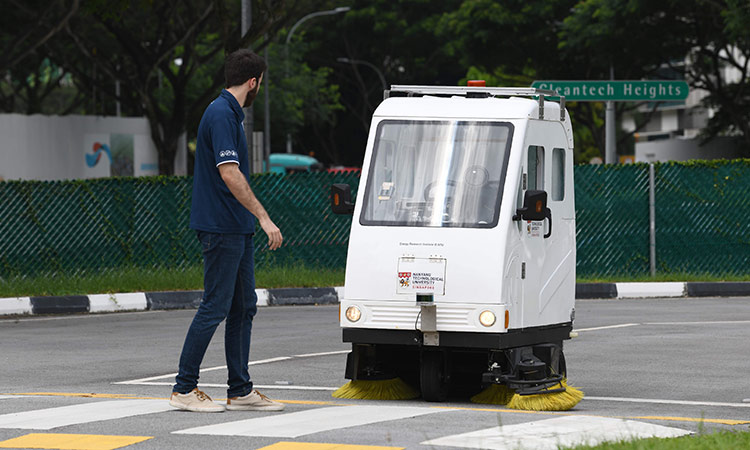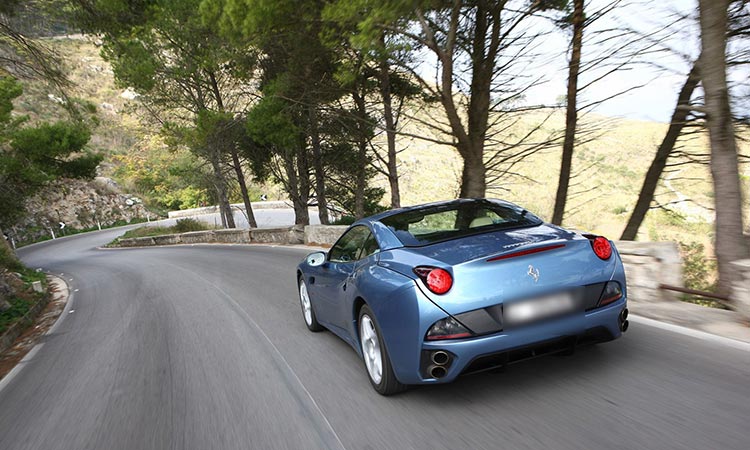New safety technology leaves automobile insurers in dark

Employees conduct pedestrian crash prevention test at a vehicle research centre in Virginia, US. Reuters
The global market for advanced driver assistance systems, known in the industry as ADAS, is expected to reach more than $67 billion by 2025, growing more than 10 per cent each year. A group of 20 carmakers has pledged to outfit almost every new vehicle with forward collision warning and city-speed automatic emergency braking by 2020. Government mandates to install technology such as collision avoiding automatic brake systems are driving the market, as is the promise of profits for these higher-margin vehicles.
“Anybody that has been in a car with advanced safety solutions is not going to go back,” Kevin Clark, chief executive of auto technology supplier Aptiv PLC told Reuters.
“The cost for advanced safety systems — automatic braking, lane keeping and automated cruise control — can be relatively low to the automaker, between $500 to $1,000 per vehicle, Clark said. “The (manufacturer) can price for it and consumers will pay for it,” he said.
Aptiv expects to book more than $4 billion in new ADAS business this year. “We have gone from five customers just a few years ago to I think we’ll have north of 20 in a couple of years from now,” Clark said.
The insurance industry’s perspective is different. Personal auto insurance, while traditionally a low-margin business, provides the largest amount of liquidity to insurers, generating more than $244 billion in 2018 direct premiums in the United States alone, data by the National Association of Insurance Commissioners showed. Motor insurance is also seen as a way for insurance companies to cross-sell other, more lucrative products to customers.
According to Swiss Re, the world’s largest auto reinsurer, and mapping company HERE, ADAS has the potential to reduce motor accident frequencies by up to 25%, cutting global insurance premiums for fully ADAS-equipped cars by $20 billion by 2020.
But US insurers said they currently do not have sufficient data to validate auto industry promises of safety benefits from automated driving systems. They cite car manufacturers’ reluctance to provide detailed information on models sold with those features, a lack of consistent standards, drivers’ unpredictable use of the systems and higher repair costs.
Reuters







